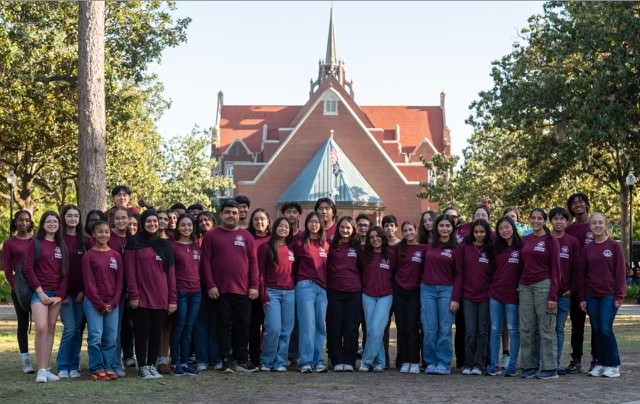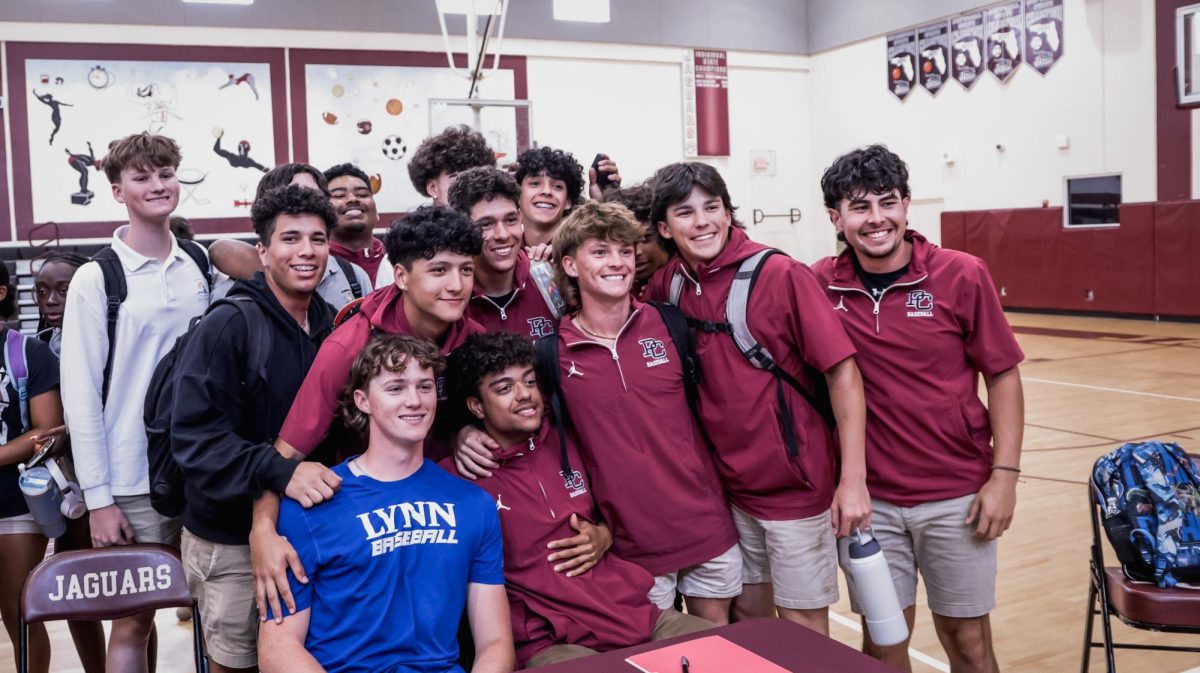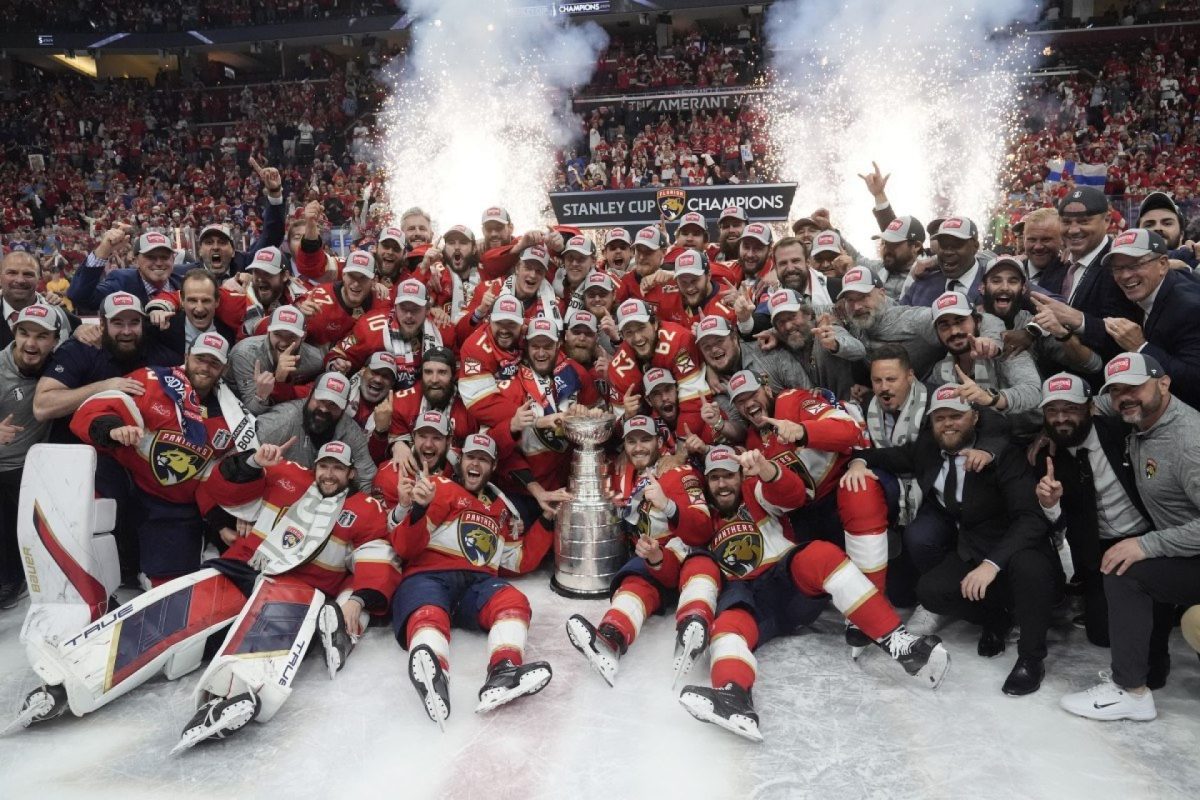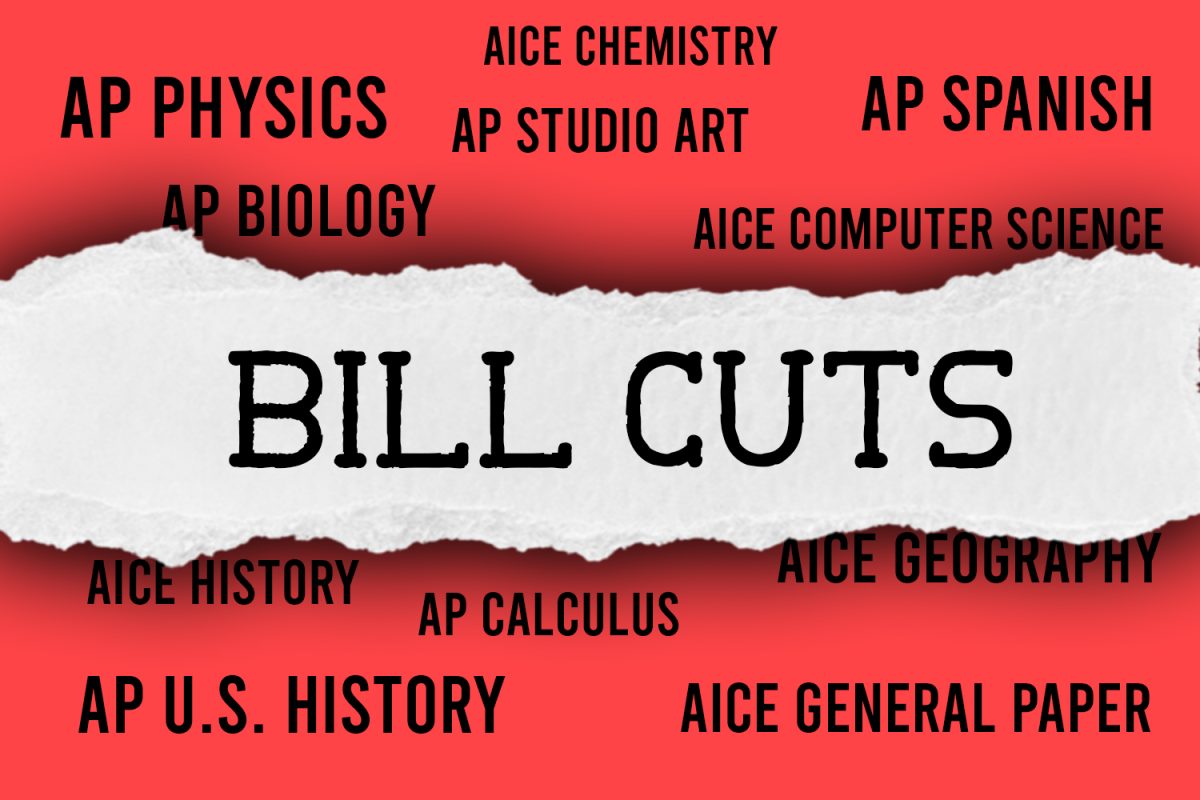School lunches are stepping into the political spotlight as the upcoming 2024 presidential election approaches. School meals are becoming a hot topic among voters, as the Trump and Harris campaigns have very different plans for the national school lunch and breakfast programs.
The conversation centers around Minnesota Governor Tim Walz, who was recently chosen as the Democratic Party’s vice-presidential candidate. In March of 2023, Walz signed a bill requiring all public and charter schools in Minnesota to provide free school meals. This move not only eliminated the need for income-based forms, but also boosted meal participation and improved food quality in schools across the state.
Minnesota was the fourth state to provide free school meals for all students; now seven states have followed suit, with more considering similar measures. The program has been very successful, with soaring participation in the meals program as a result. It has also significantly reduced the stigma associated with free and reduced school meals.
Despite this, free school meals have met fierce Republican opposition, particularly from those behind Project 2025, the conservative Heritage Foundation’s blueprint for the next administration, which has been tied to former President Donald Trump.
Regarding school meals, the project considers feeding students as something that should be reined in. The authors argue that any expansion of free meals creates “an entitlement for students from middle- and upper-income homes.”
This agenda tends to be unpopular, as most Americans support providing all students with free meals, regardless of their income. However, given the Republicans’ legislative goals, a second Trump administration could potentially reduce access to school meals and reverse recent improvements in their nutritional standards.
“School lunches might seem like a small issue, but they actually affect a lot of kids. I hope the next [administration] supports programs to make sure every student gets a good meal every day,” says PPCHS sophomore Robertzsa Joseph.
As the election draws nearer, the fate of school meal programs remains uncertain. While Tim Walz’s initiative in Minnesota has set a precedent for expanding free meals, the potential rollback proposed by Project 2025 raises concerns about the future of these programs. As voters weigh their choices, the outcome could significantly impact school meal programs and, ultimately, the well-being of students across the nation.









